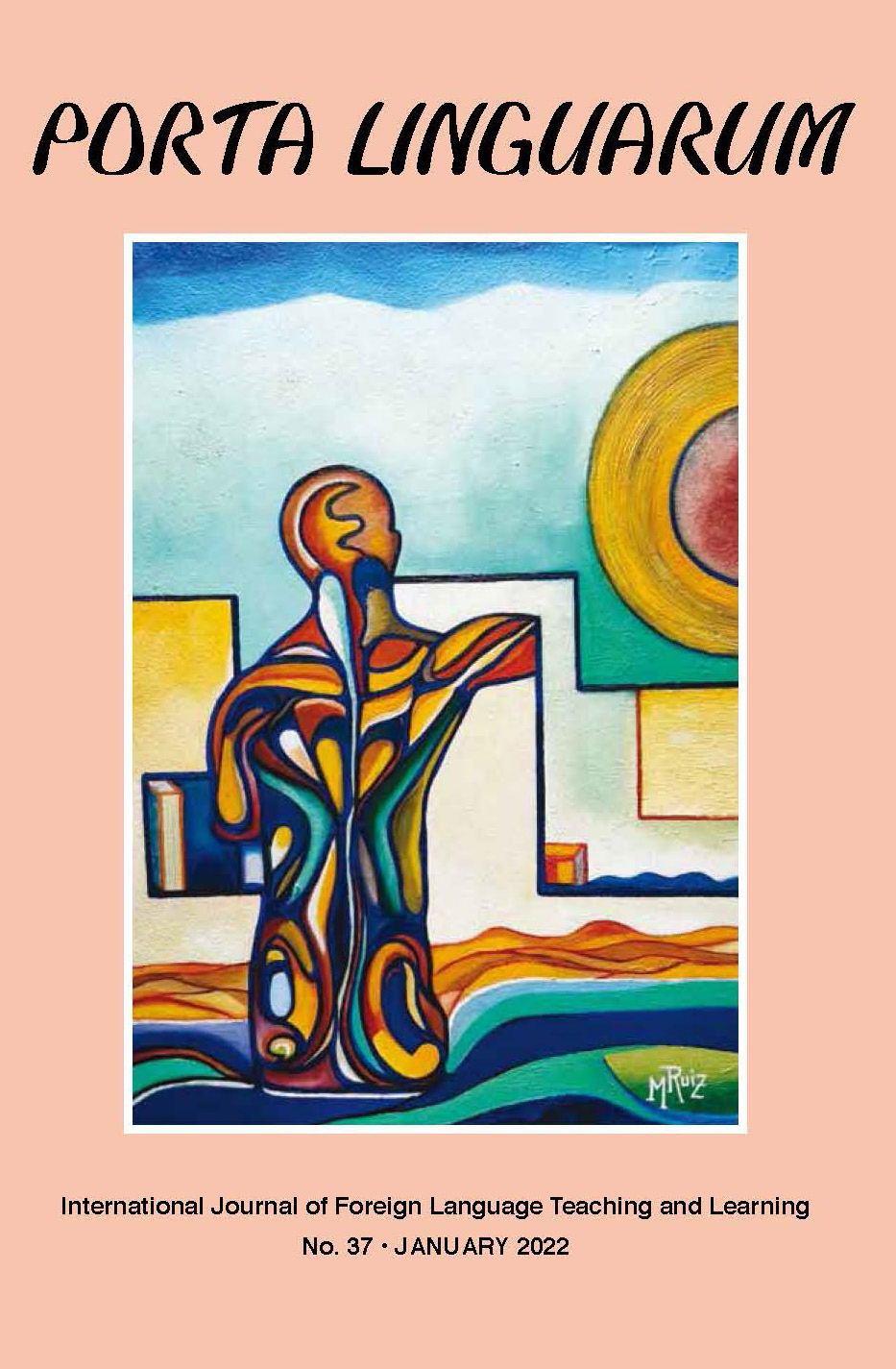Dictionary criticism. Necessity and usefulness in the teaching and learning of foreign languages
DOI:
https://doi.org/10.30827/portalin.vi37.17827Keywords:
Lexicografía, enseñanza y aprendizaje de L2, crítica lexicográfica, portales de diccionariosAbstract
The study presented below is interdisciplinary and in it, two areas of knowledge converge: Lexicography and the Teaching and Learning of Foreign Languages. This approach is clearly seen in the main objective of the research: to propose a model of dictionary criticism for the analysis and evaluation of the consultation tools that are commonly used in the teaching and learning process of L2. In this way, the study will help L2 teachers and students to select the dictionary that best suits their needs and, in addition, it will provide useful data for the development of the lexicographic theory and practice. For its realization, two clearly differentiated parts have been established: the first is of a theoretical nature and it analyses what dictionary criticism is, what it is for and what models exist; while, in the second part, the proposed model for the review and evaluation of a very specific type of consultation tool is presented: dictionary portals.



















